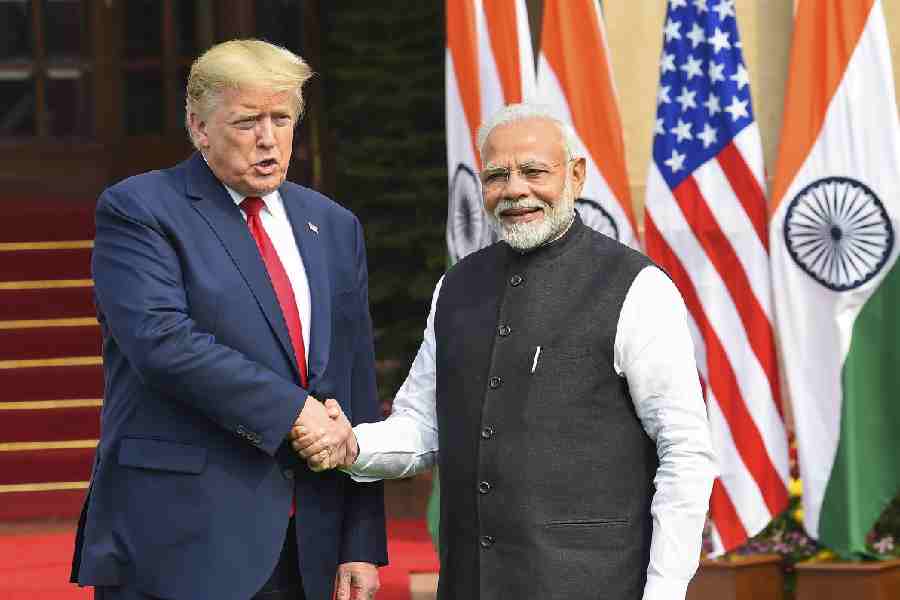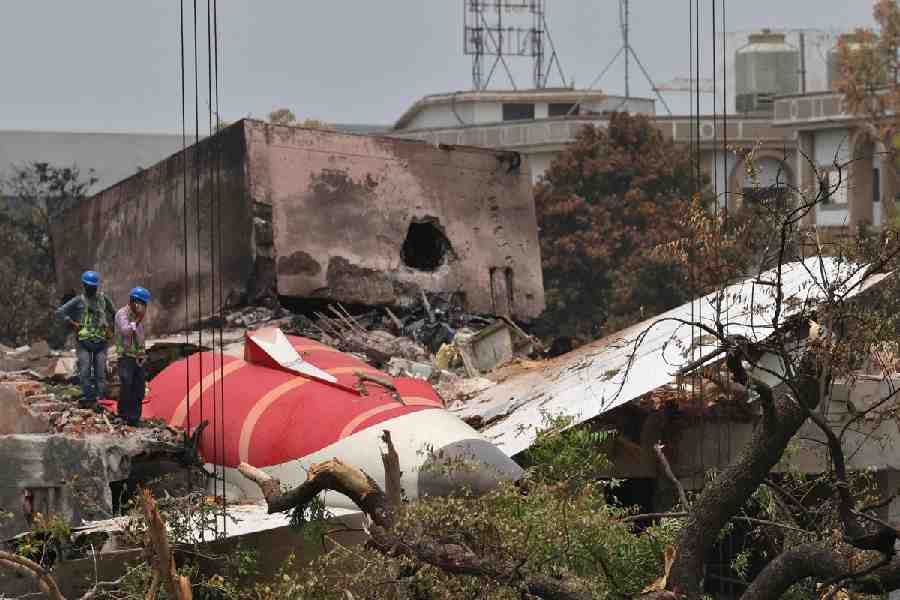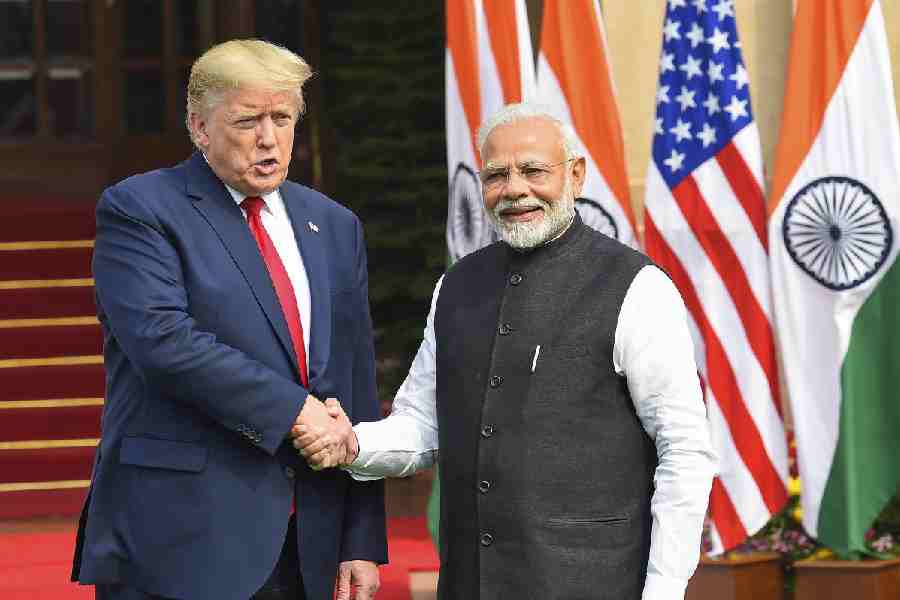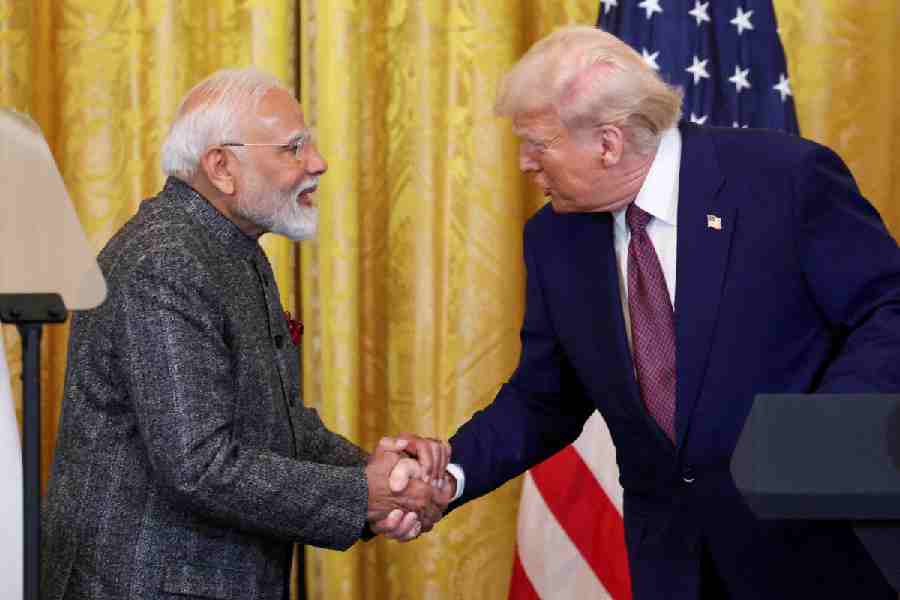New Delhi, Feb. 23: The Medical Council of India (MCI) has justified in the Supreme Court its recent decision to cap the upper age limit for appearing in medical entrance exams at 25 years, saying "sharp young minds" are required to study medicine.
However, there is a relaxation of up to 30 years for SC, ST and OBC students.
The medical regulator, in an affidavit submitted to the top court, has said this age limit would allow other aspiring older students to explore alternative professions, otherwise they would continue to pursue medical education and compete with younger students leading to a disadvantageous situation for the latter.
The affidavit follows a direction by the court on a petition filed by some medical students challenging a clause introduced in the admission notice dated January 31, 2017, by Central Board of Secondary Education (CBSE), which provides a maximum number of three attempts in the National Eligibility cum-Entrance Test (NEET), the common entrance exam for most government and private medical colleges across the country.
The MCI has told the court that many students fail to get admission in medical colleges despite several attempts at the exam and the absence of an upper age limit could cause such students to waste time and resources while losing out on opportunities to pursue careers in alternative professions.
"It is humbly submitted that age is a major factor in determining the capability of the student to learn," the regulator said in its affidavit. "It is relevant to submit that the study of medicine requires rigorous study and training imparted during the MBBS/BDS course and, therefore, sharp young minds are required to absorb the same .... A young student studying MBBS/BDS course will be able to grasp the teaching and training imparted in the medical colleges with more ease and efficiency," the MCI added.
Nearly 7.5 lakh students compete every year for about 63,000 MBBS seats and about 27,000 BDS seats in government and private medical colleges across India.
"It is submitted that it is discernible that when the number of students competing are far in excess of the number of seats available then it becomes very difficult to assess and determine real merit.
"In other words, it is unfair to make a young student giving the NEET examination for the first time to compete with a much older student who had more time to prepare and had already given several attempts," the MCI said.










